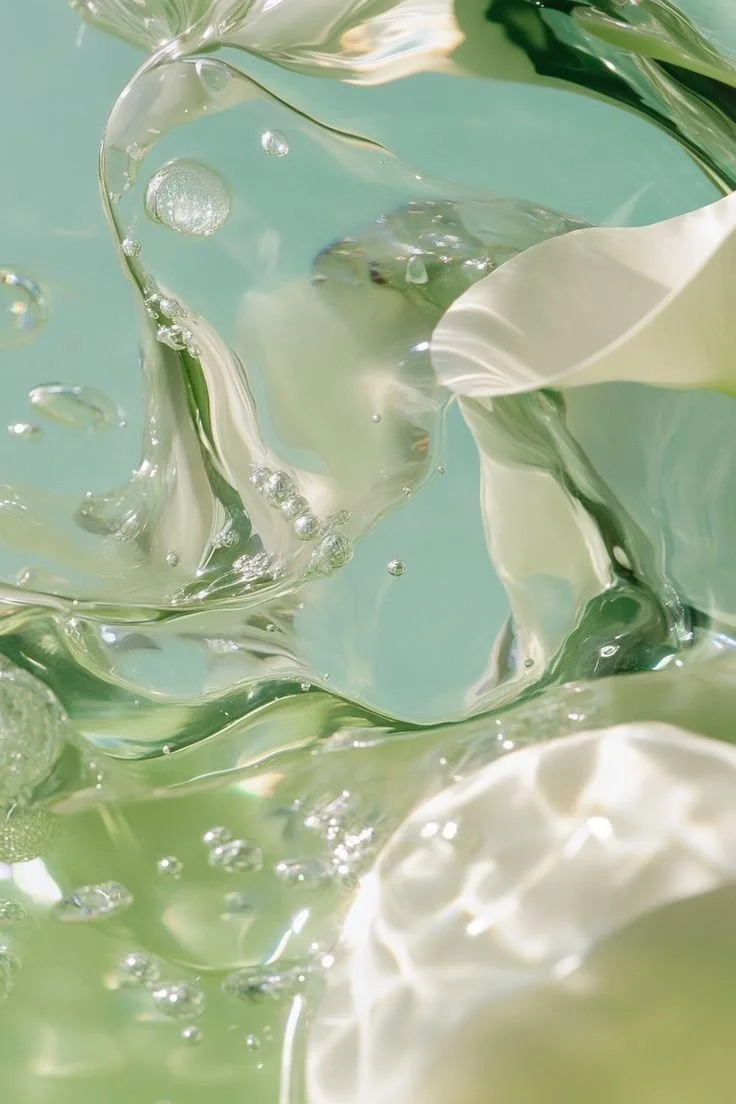Best Water Filtration for Hair Loss: How Clean Water Protects Your Hair
/Dallas, Texas, Water and Its Impact on Hair
Water quality problems are common in Dallas, Texas, where municipal water often contains high levels of chlorine and chloramine, and many households face moderate to hard water. Aging pipes in older neighbourhoods may also contribute to heavy metals like copper and iron. These issues don’t just affect the taste of drinking water; they also affect personal care.
For people experiencing hair thinning, dryness, or breakage, the water coming out of the shower can be part of the problem. Hard water minerals coat the hair shaft, chlorine strips away natural oils, and metals irritate the scalp. Over time, this weakens follicles and contributes to shedding. That’s why many Dallas residents are now exploring the best water filtration for hair loss as part of their personal health and beauty routines.
How Poor Water Quality Contributes to Hair Loss
Hard Water and Mineral Buildup
Hard water, which is common in many parts of the United States, contains high levels of calcium and magnesium. These minerals don’t dissolve easily and often stick to the hair shaft. The buildup blocks moisture from penetrating strands, making hair dry, brittle, and prone to breakage. Over time, this can cause thinning and increased hair fall.
Chlorine and Chloramine Exposure
Municipal water supplies, including those in many large cities, rely heavily on chlorine and chloramine for disinfection. While effective at keeping bacteria away, these chemicals strip natural oils from hair, leaving it dry, rough, and fragile. For people already experiencing hair loss, chlorine exposure worsens the problem by weakening follicles and damaging the scalp barrier.
Heavy Metals in Water
Water flowing through older pipes may pick up heavy metals such as copper, iron, or even traces of lead. Prolonged exposure to these metals has been linked to scalp inflammation and hair breakage. They can also cause discoloration, especially in light or chemically treated hair.
Sulfur and Other Impurities
Hydrogen sulfide, often found in untreated well water, gives off a rotten egg smell. Beyond the odour, it can dry out both scalp and hair, contributing to irritation and shedding. Organic matter and other dissolved solids in untreated supplies can further compromise scalp health.
Signs Water May Be Damaging Your Hair
It is not always obvious when water quality is harming your hair. However, some telltale signs include:
Hair that feels rough and straw-like, even after conditioning.
More tangles, frizz, and split ends than usual.
Scalp dryness, itchiness, or a flaky buildup that resembles dandruff.
Dull, lifeless colour, particularly for dyed or chemically treated hair.
Noticeable shedding after showers or when brushing.
If you are experiencing these symptoms alongside regional issues such as hard water or chlorine-heavy municipal water, investing in the best water filtration for hair loss can make a significant difference.
Best Water Filtration Options for Hair Health
Shower Filters
For many households, the simplest step is installing a shower filter for hair health. These attach directly to the showerhead and often use activated carbon, vitamin C, or multi-stage media to neutralise chlorine and reduce impurities. While not as powerful as larger systems, they can noticeably improve water quality, leaving hair softer and reducing scalp irritation.
Water Softeners
If hard water is the main culprit, a water softener is one of the most effective solutions. By exchanging calcium and magnesium ions with sodium or potassium, softeners prevent mineral buildup on hair and scalp. Many people notice that their hair feels smoother, shinier, and more manageable within weeks of installing a softener.
Whole-House Filtration Systems
For comprehensive protection, whole-house water filtration systems treat all the water entering your home. These systems often combine carbon filtration, sediment removal, and water softening. This means every shower, faucet, and appliance receives clean water, protecting not just your hair but also your skin and household plumbing.
Reverse Osmosis Systems
While reverse osmosis (RO) is most often installed for drinking water, it can also be integrated into larger setups for bathing. RO removes up to 99% of dissolved solids, salts, and metals. For those dealing with heavy metals, salty water, or chemical contamination, RO provides the cleanest possible water. When combined with remineralisation, it offers pure yet balanced water that is gentle on hair.
Choosing the Right System for Hair Loss Prevention
The best system depends on your unique water conditions:
If chlorine is your main concern, a shower filter with carbon or vitamin C is often sufficient.
If you have hard water and mineral buildup, a water softener provides the most noticeable improvements.
For homes with multiple contaminants such as chlorine, metals, and sulfur, a whole-house system ensures complete protection.
Where heavy metals are suspected, reverse osmosis offers the highest level of purification.
Before choosing, it is wise to have your water tested. A professional analysis identifies the exact contaminants so you can match the right solution to your needs.
Extra Care Tips Alongside Filtration
Filtration makes a big difference, but pairing it with good habits strengthens the results. Rinse your hair with cooler water rather than hot, since heat opens the cuticle and encourages moisture loss. Use gentle, sulphate-free shampoos that won’t strip away protective oils. Incorporate deep-conditioning treatments to restore softness and elasticity. And if you rely heavily on styling tools, cut back on heat where possible, as water-related damage combined with frequent heat exposure accelerates breakage.
Why Filtration Is an Investment in Hair and Health
Hair loss is distressing, but in many cases, the solution involves addressing hidden environmental triggers as well as genetic or lifestyle factors. By removing harsh chemicals, minerals, and metals, water filtration for hair loss prevention helps protect the scalp environment and strengthen hair from root to tip.
It’s also important to remember that filtration is not just about hair. The same impurities that dry out hair can irritate skin, cause buildup in plumbing, and even affect the taste and safety of drinking water. A high-quality filter protects the whole household, making it a smart investment for overall health.
Big Power Water Co. - Dallas Filtration Experts
At Big Power Water Co., we understand the unique challenges of Dallas, Texas, water and its effects on hair, skin, and overall health. Our services are designed to solve these issues with precision and care:
Water testing to detect hardness, chlorine, and heavy metals.
Water filtration systems that remove chlorine, impurities, and organic matter.
Water softeners tackle hard water and protect against mineral buildup.
Reverse osmosis systems for the cleanest, purest water possible.
Whole-house solutions to ensure every tap and shower delivers healthier water.
For residents struggling with hair loss linked to water quality, our customised systems provide lasting improvements. Whether you need a simple shower filter or a complete RO and softening system, we deliver solutions that restore confidence in your water and help protect your hair.
Contact Big Power Water Co. today to schedule your consultation and discover the most effective water filtration services in Dallas for hair loss prevention and healthier living.





